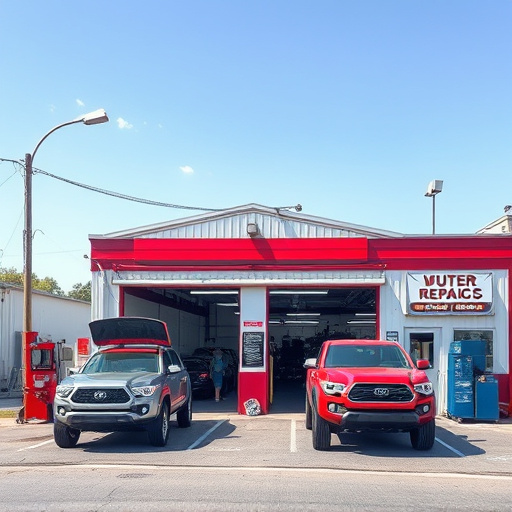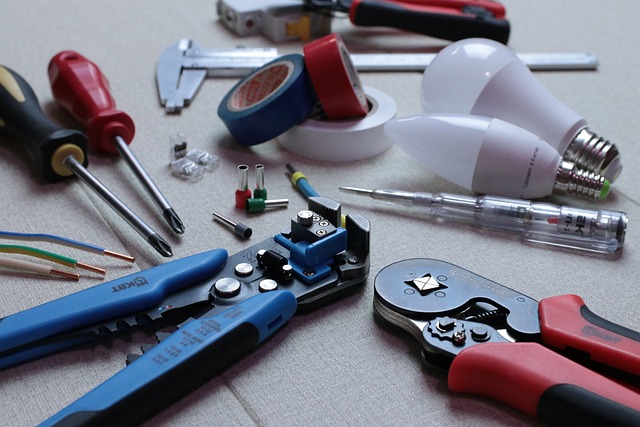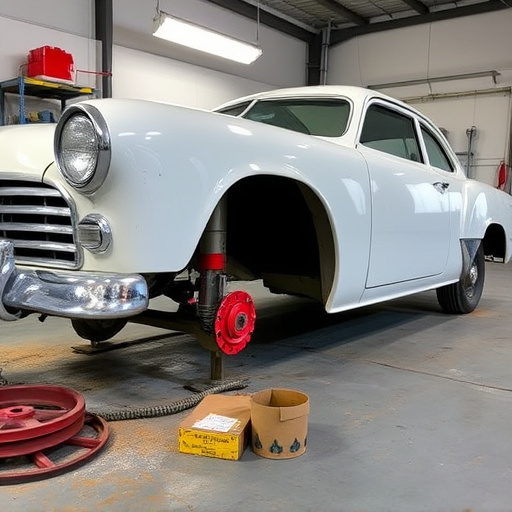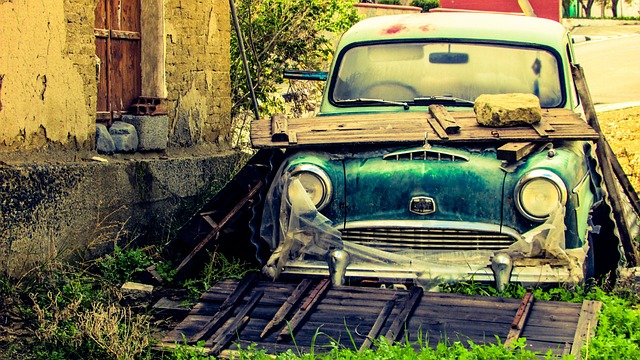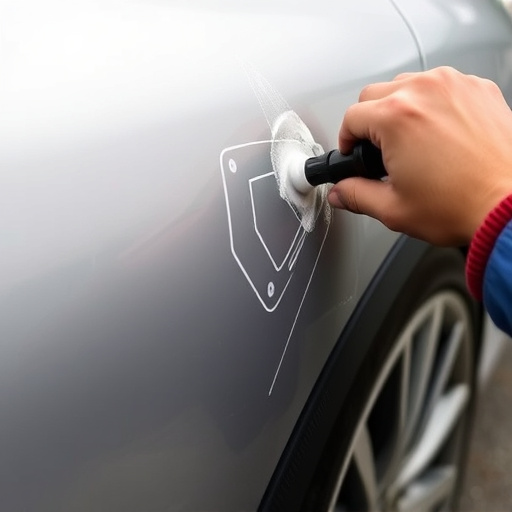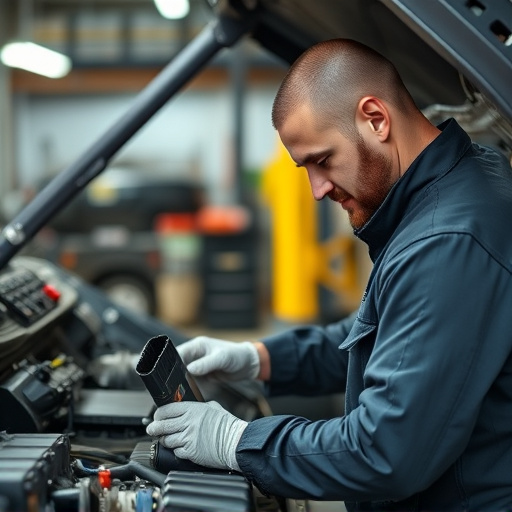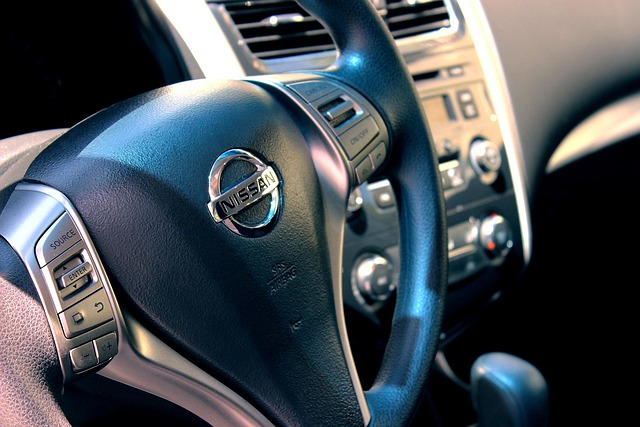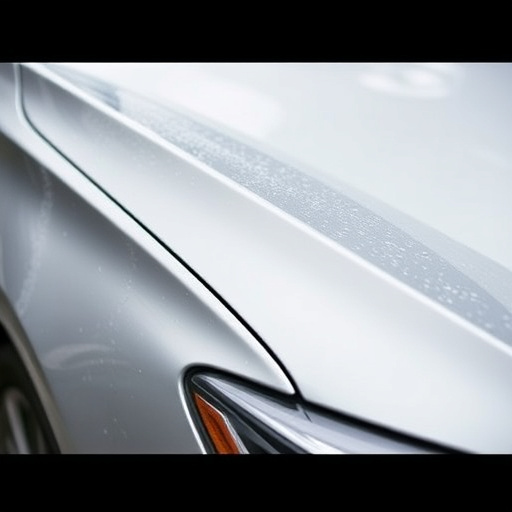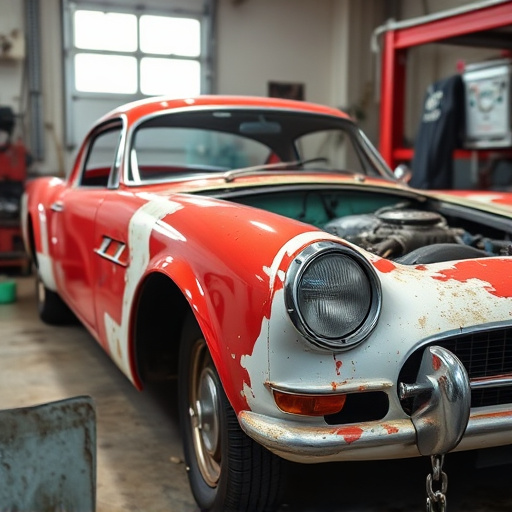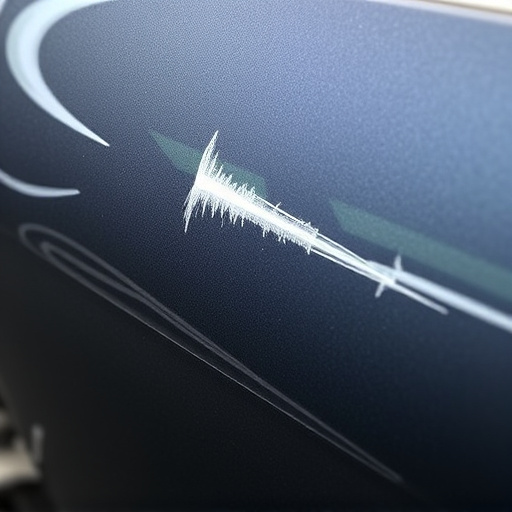Collision damage assessment is a critical process in auto repair, demanding skilled technicians with robust qualifications and certifications. These professionals use advanced equipment to accurately identify visible and hidden damages, ensuring precise repairs for diverse vehicle issues from minor dents to complex bodywork. Their expertise, including training in structural analysis, safety, and modern technologies, leads to high-quality work, customer satisfaction, and swift restoration of vehicles post-collision.
Choosing certified technicians for collision damage assessment is paramount in ensuring accurate repairs. In today’s automotive landscape, understanding the intricacies of collision damage assessment (CDA) is crucial for both repair quality and customer satisfaction. This article delves into the importance of CDA, highlighting key qualifications and certifications to look for. Additionally, it explores how skilled technicians significantly impact repair outcomes, emphasizing the value of competent professionals in this critical process.
- Understanding Collision Damage Assessment Importance
- Qualifications and Certifications to Look For
- The Impact of Skilled Technicians on Repair Quality
Understanding Collision Damage Assessment Importance
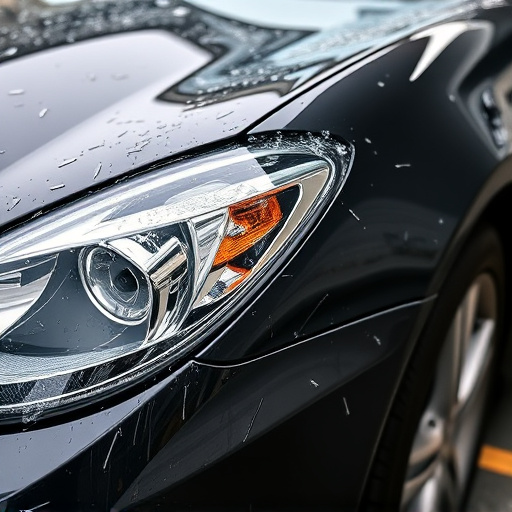
Collision damage assessment is a critical process that plays a pivotal role in the automotive industry, particularly within collision centers and car repair shops. It involves meticulous examination and analysis of vehicles post-collision to determine the extent of damage, which is essential for effective car body repair. This comprehensive evaluation ensures that every part of the vehicle, from its structural integrity to cosmetic elements, is accurately assessed before any repairs are undertaken.
Accurate collision damage assessment is not just about identifying visible dents and scratches; it encompasses hidden damages too. Modern vehicles have complex safety systems and intricate designs, making it imperative for technicians to employ state-of-the-art equipment and methods. This process ultimately facilitates precise estimations for repair costs, streamlines insurance claims, and ensures customer satisfaction by delivering high-quality car body repair services.
Qualifications and Certifications to Look For
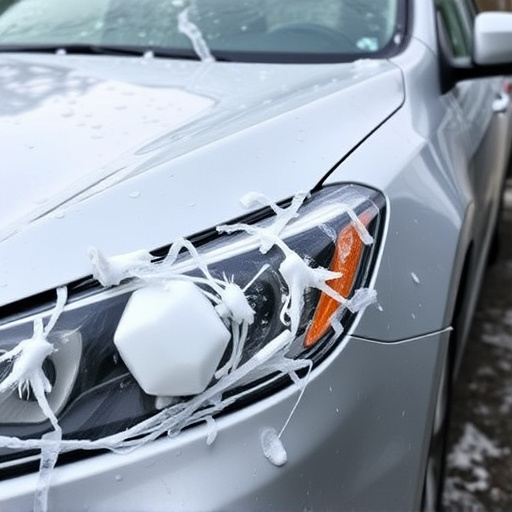
When selecting technicians for collision damage assessment, look for professionals with robust qualifications and certifications. These ensure that they possess the necessary skill set to handle various types of auto body services, from minor dent repairs to complex fender repair. Their training should cover a range of topics, including structural analysis, safety protocols, and the latest technologies in automotive collision repair.
Specific certifications, like those offered by industry-recognized institutions, demonstrate expertise in areas such as painting, welding, and computer-aided design (CAD). These credentials assure customers that their vehicles are in capable hands during the collision damage assessment process, leading to accurate repairs and a seamless return to roadworthiness.
The Impact of Skilled Technicians on Repair Quality

The expertise of technicians plays a pivotal role in determining the quality of collision damage assessments and subsequent auto body repairs. Skilled technicians are equipped with the necessary training and knowledge to accurately evaluate vehicle damage, ranging from subtle car scratches to extensive car bodywork restoration. Their proficiency ensures that every repair is carried out with precision, adhering to industry standards.
When collision damage assessment is conducted by certified professionals, it leads to more accurate estimates and effective auto body repairs. These technicians can identify hidden damages, ensuring no corner of the vehicle is overlooked during the evaluation process. This level of expertise translates into superior car scratch repair and overall restoration of the vehicle’s pre-accident condition, ultimately enhancing customer satisfaction.
Choosing certified technicians for collision damage assessment is paramount in ensuring high-quality repairs. By understanding the importance of this process, recognizing key qualifications and certifications, and appreciating the impact skilled technicians have on repair outcomes, car owners can make informed decisions. Certified professionals equipped with the latest knowledge and tools guarantee precise assessments and effective restoration of vehicles to their pre-accident condition. Prioritizing these experts is not just about maintaining vehicle integrity; it’s also about peace of mind and driving safety.
